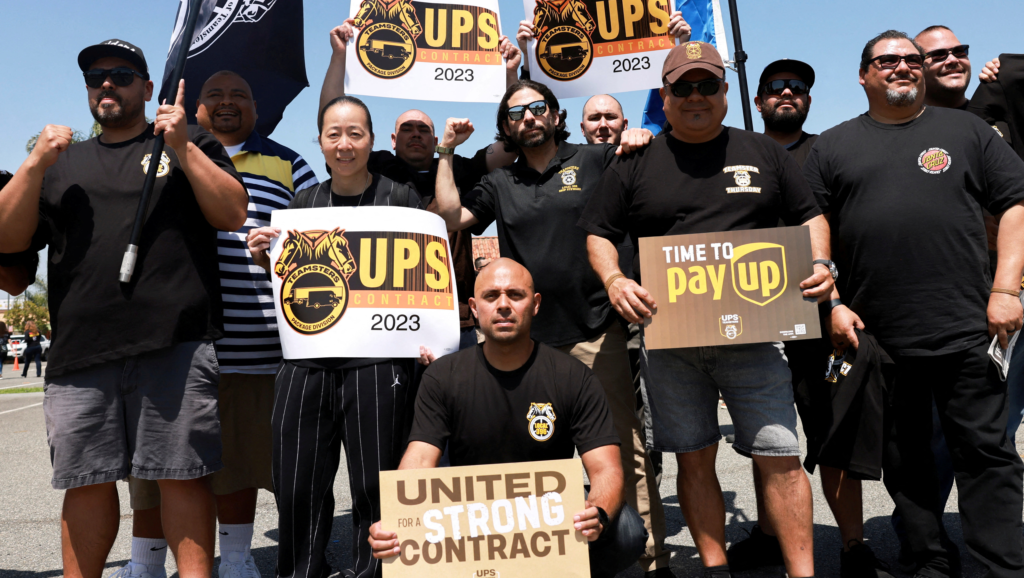A study conducted by the Anderson Economic Group (AEG) suggests that if United Parcel Service (UPS) experiences a 10-day strike, it could result in a cost exceeding $7 billion. This potential strike would rank among the most expensive in U.S. history.
Being the largest package delivery company globally, UPS handles approximately 25% of all parcel deliveries within the United States. Consequently, a strike would disrupt the supply chain for numerous businesses and inconvenience consumers who rely on UPS for package delivery.

According to the AEG study, a 10-day strike would lead to UPS losing $4 billion in revenue and $3 billion in wages. Furthermore, UPS customers would face an estimated $1 billion in lost sales.
The study also highlights the broader impact a strike would have on the U.S. economy. UPS and its suppliers would experience job losses, and businesses dependent on UPS for product delivery would also suffer.
The current contract between UPS and the Teamsters union is scheduled to expire on July 31. If an agreement cannot be reached between the two parties, the possibility of a strike looms.
The Teamsters union is advocating for higher wages, improved benefits, and increased job security for their members. While UPS is willing to offer a raise, meeting all the demands of the Teamsters may not be financially feasible for the company.
The outcome remains uncertain as to whether an agreement will be reached before the contract expires. Should negotiations fail, a strike becomes a real possibility.
